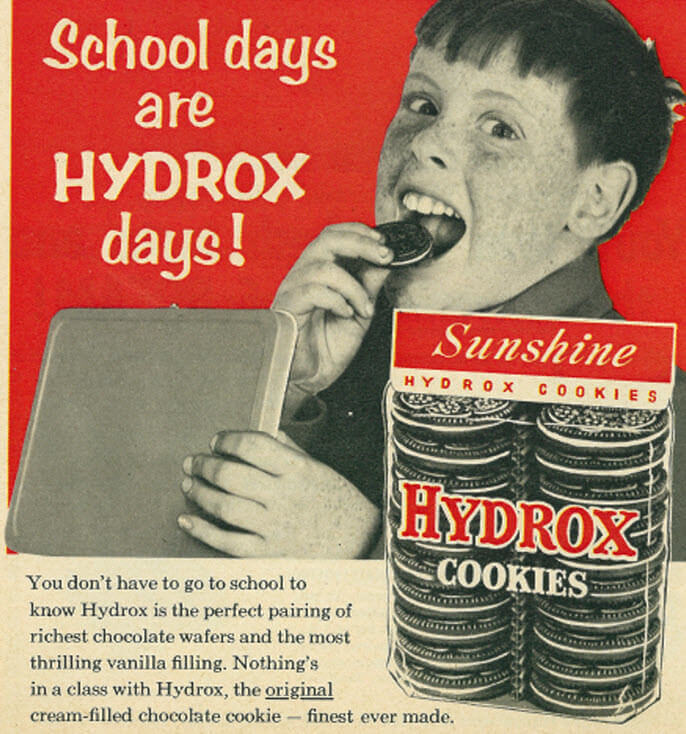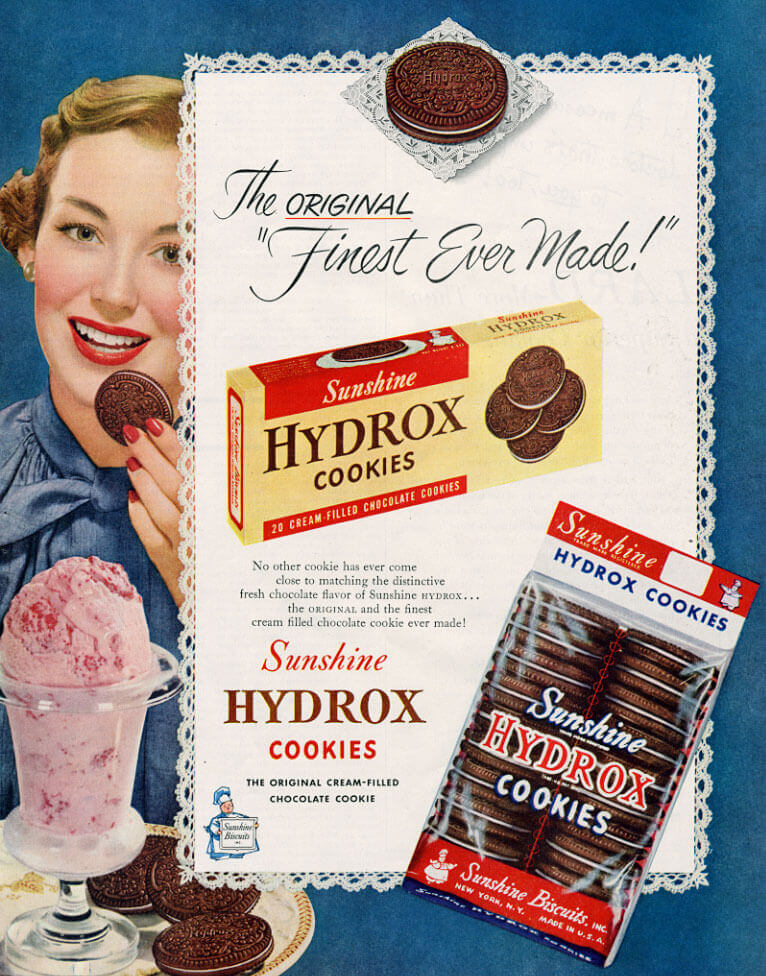Hydrox Was First to Market

I am no longer active in the start-up community in any meaningful way. I do, however, continue to mentor founders and start-ups.
I have recently noticed start-ups set their goal as being first to market, sometimes taking their MVPs and pushing them out the door just to claim a win.
Most have referenced Eric Ries as their inspiration for this drive. Run a quick search and you can find the phrase First to market wins
on a page from his Lean Startup site as the first result (albeit from a different author).
My issue is not that the statement is absolute, it is that people take it as absolute. They do everything they can to get to market, sometimes failing to do the needed research, marketing, or even logistical support (in case they do win).
I realized I needed to challenge this. Challenge it in a way that might make them pause.
I started asking, “Have you heard of Hydrox cookies?” The answer is often “No.” But sometimes they tell me Hydrox is an Oreo copycat.
Except Hydrox came first, beating Oreo to market by four years.
Sure, I can cite other industries and products, but nearly everyone knows Oreos. The same cookies they grew up with, that they probably still buy (or at least crave). This life-long experience, its authenticity called into question, seems to get the point across that I am trying to make.
Dissecting why Hyrdox is viewed as the also-ran is beyond the scope of this post, though Atlas Obscura gives an obvious take in the headline The Sad History of Hydrox Cookies, Which Were Probably Doomed Because They Were Called Hydrox.
Being first to market is not bad. Being first to market when you are not ready, however, is bad.

One Comment
I was just on Product Hunt this morning thinking much the same thing. So many people making versions of the same thing, all with their own tweaks. Being first to market, or just joining a market, probably requires defining it very carefully to begin with, in any case.
Leave a Comment or Response